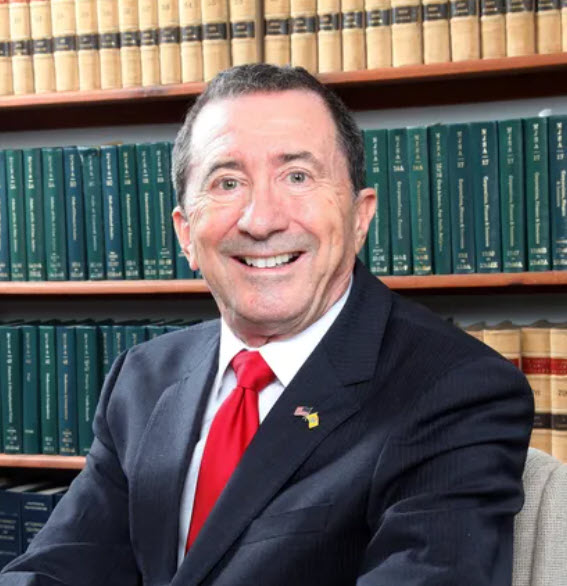Last April, Liberty and Prosperity and three Atlantic County taxpayers filed a lawsuit?to force Atlantic City and NJ State government to comply with state law by doing these three things:
1.?????? ?Adopt a balanced ?cash basis? budget.? (The “Local Budget Law” requires each town and county in NJ to do this by March 20 each year).
2.??????? Tax?hotels, shops, and restaurants in casinos at the same rate as all other hotels, shops, and restaurants in Atlantic City. (NJ State Constitution requires all property in City to be assessed by same method, taxed at same rate.??? Last May, State passed a law allowing all 8 casino hotels to make low “Payments in Lieu of Taxes” for next 10 years.)
3.? Stop Atlantic City from making payments on Wall Street “junk” bonds until it adopts a budget and proves it is solvent.
When 4 of 9 Atlantic City Council Members held a closed meeting in violation of the Open Public Meetings Act, and the then claimed to borrow and spend?$73 million without 6 votes and without a budget?in violation of Local Budget Law we filed new papers to stop them.?? (The loan agreement we are challenging also?hocks?Bader Field and City Water Utility as collateral for that debt.
On Monday, the State and City moved to dismiss our lawsuit.?? They argued that State Government had taken over the City?s finances, and that taxpayers had no standing to challenge its expertise.
The State also claimed it had?the power to give all casino hotels in Atlantic City a 10 year tax break because casinos were a ?unique? and ?special? industry, and?Atlantic City was a ?unique? and ?special? town that required special laws.
Although Judge Mendez reserved his decision and did not make a ruling on Monday, he made several questions and comments to indicate that our case had merit.? 
When the State argued that it had taken over Atlantic City finances, and that taxpayers should have gone to Trenton if they were unhappy with the State?s actions, Judge Mendez asked what action the State had taken to get Atlantic City to make a budget this year.? The State admitted it had taken no action in 2016.? Then, Judge Mendez?asked how citizens could appeal from nothing.
When the State argued that it had “expertise” and “discretion” to manage Atlantic City’s finances,?Judge Mendez remarked, ?Congress can run for years with ‘continuing resolutions’, but you?can’t.? You don?t have discretion.? You are required by state law to make a budget”.
During the argument, Anthony Swan said City would produce a budget by August 15.?? Seth Grossman reminded the court that the Local Budget Law required that any budget first be introduced and made available to the public.?? It could not be finally adopted until the public had a chance to review it and make their views known as?a public hearing.??? Judge Mendez indicated that he?agreed.
Judge Mendez also made a comment?if Atlantic City borrows money because it did not balance the budget, taxes must be raised in future years to pay back those loans.??? We argued that this would be unconscionable if? the full burden of paying back this money were put on less than 25% of Atlantic City’s taxpayers.
We also argued that in the past, tax breaks were given to owners of vacant land or run down buildings who agreed to improve the properties and add to the tax base.???In this case,? the 10 year tax breaks for casino hotels added nothing to the tax base?the buildings getting the breaks were already built.
Casino hotels now pay roughly 62% of Atlantic City taxes.?? Some 109 shops and restaurants of the Tanger/Outlets, the Bass Pro Shop, and 4,500 housing units were previously exempted from tax hikes.?? Together those tax exempt properties comprise more than 75% of the taxable properties in Atlantic City.? ?Atlantic City ran illegal deficits of roughly $80 million per year during each of the past five years, and ran up a debt of roughly $400 million to pay for them.?? It now proposes to add another $73 million to that debt for 2016.? We argued that if the court lets these tax exemptions stand, the whole burden of future tax hikes to pay for this $573 million debt would fall on fewer than 25% of Atlantic City taxpayers.
Judge Mendez indicated that the court needed more detailed facts before it could make a ruling.?? He announced that his ruling would be made shortly.

